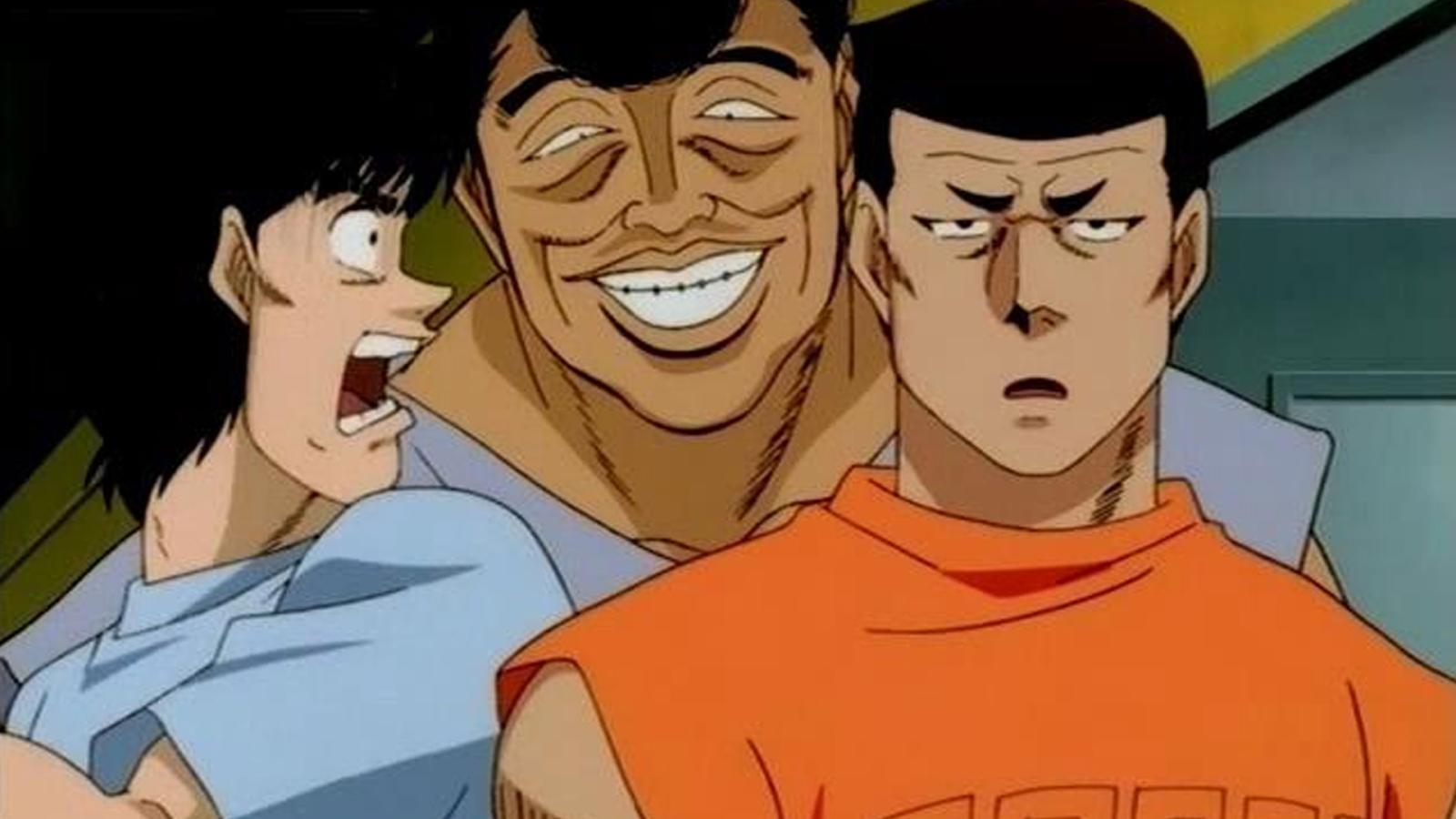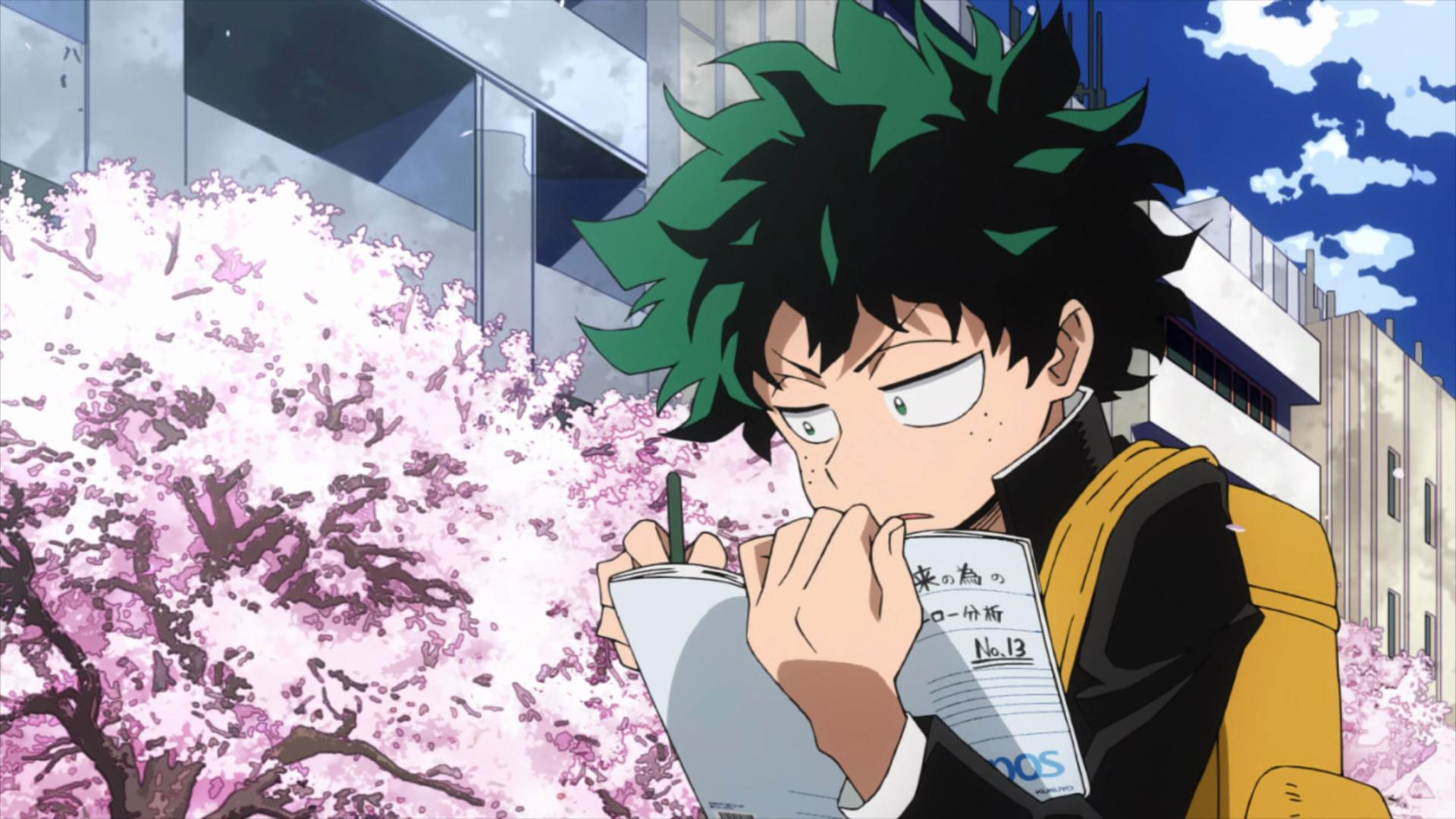Are you a My Hero Academia person or Boku no Hero Academia person?
Anime titles have become a heated point of discussion, especially in recent years as anime has gained mainstream prominence, this seemingly mundane thing actually causes a lot of discord with many points of view. There are people who strictly refer to anime by its intended Japanese name, like it’s as common to refer to Attack on Titan as it is to hear Shingeki no Kyojin. But some people are ok with using titles in the language they were presented in and get lost and confused when a person who doesn’t speak Japanese tries to speak in a language they clearly don’t speak.
From the point of view of Japanese purists, sometimes titles can have different translations depending on which version you are reading, for example, while Kaguya-Sama: Love is War is the official VIZ localization of the title, quite frequently it is still referred to as Kaguya Wants to be Confessed to, which is a direct and accurate translation of the title, so even among people who use English titles to refer to anime there can be disagreements. While the Japanese name is the real name of the title, it is a universal way to refer to it.
But then there are anomalies. For example, how many people have you seen refer to DanMachi as Dungeon ni Deai wo Motomeru no wa Machigatteiru Darou ka? Quite a mouthful, isn’t it? But then again, DanMachi is such a unifying shortening of the title that you wouldn’t frequently see anyone refer to it as Is It Wrong to Try to Pick Up Girls in a Dungeon either. With Japanese being complex as it is, their own titles getting only weirder certainly doesn’t help the discussion. The biggest anomaly is probably Hajime no Ippo, most people don’t even know that it was officially localized as Fighting Spirit, and both camps universally prefer to refer to it by its Japanese name. It just rolls off the tongue nicely. Sometimes localizations just don’t stick even with English speakers.

It probably will be a hard topic to put to rest for a long while, if ever, but we believe that it is misleading to use anime titles only in terms of their accuracy of the translation, or trying to speak in a language you don’t understand. Simply put, whatever gives the best idea of the title you are talking about is the best way to use it, and try not to stick strictly to either extreme.

